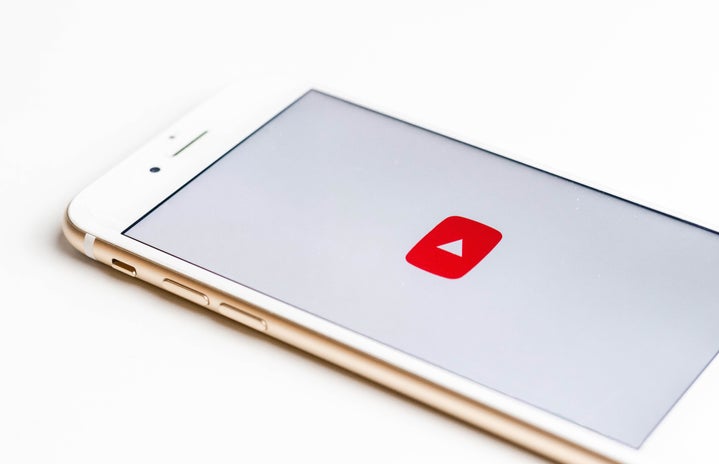When YouTube first hit the web back in 2005, no one really knew how influential the platform would become. The first video on the platform featured YouTube’s co-founder Jawed Karim in a video titled “Me at the Zoo”. As you may expect, the video was just him at the zoo. The video is 19 seconds long, the video quality is admittedly horrible, yet it made history. YouTube began as a place to share authentic videos on the internet. At first, YouTube was just a place to share things with the world, yet it quickly became a career for many people.
In order for anyone to make a career off of anything, there has to be money in it. This began for YouTube in May 2007 with the launch of the “Partners Program” which allowed creators to make money off videos. The first video known to make $100,000 dollars off YouTube was the “Charlie bit my finger” viral video. In 2009 YouTube added ads as another way for creators to make money. Although incredibly beneficial for many creators, the monetization of videos also led to a change in the type of content being posted to the platform.
Prior to monetization, most YouTube videos were either short comedic clips, music videos, or news and current events updates. People posting to YouTube were authentic, posting because they wanted to share and expecting no fame or money from it. Early YouTube videos made by people, instead of corporations or celebrities, were authentic, fun, and often admittedly terrible in quality. However, this made them fun and relatable. The people we saw on YouTube were real people like you and me who enjoyed posting funny videos for the world to see.
Monetization was beneficial for this round of original YouTubers. The platform was simply paying them for the joy they brought others. However, many early YouTubers had other careers and were not posting for the money. This kept these YouTubers overwhelmingly authentic throughout the years. Even YouTubers who ended up gaining enough success through the platform to make it a career kept the authenticity from before because it is where they started from.
Take Jenna Marbles as an example. Jenna Mourey was a Boston University graduate student who after getting her degree took to the YouTube platform. Her first video was posted in 2010, about 3 years after the Partners Program was launched. Although the program existed, many creators were still not career YouTubers, seeing as there wasn’t enough money in it. Mourey joined the platform, like many others, just for fun. Her first video, “How to trick people into thinking you’re good looking”, is just under three minutes long, has terrible video quality, and as of today has over 70 million views. Jenna is an example of a YouTuber who skyrocketed to success by making silly videos in her own home just because she enjoyed it. By 2020 Jenna is known as one of the most authentic YouTubers out there, making content just because she enjoys it.
However, by 2020 YouTube is also a very different place than it was a decade ago. This is likely due to career or celebrity YouTubers. Once people realized there was money in content creating, a second wave of YouTubers made their way onto the internet. Many of these people made channels with monetization in mind, seeking fame and money. Although many of these YouTubers do truly enjoy what they are doing, authenticity is almost obsolete on the platform. Whereas in the early days of YouTube going viral was a big deal, now many YouTubers get hundreds of thousands of views per video, many even getting millions of views. This leads to pressure on these content creators not just as people making videos, but as celebrities. With content creators making money off their personalities more or less, it is important for them to self-brand. With cancel culture running rampant, going against your self-made brand in any variety of ways can be seen as controversial. This leads to authenticity from YouTubers diminishing. YouTubers are posting their own videos, thus can often control what is in the public eye and what people know about them. With the level of celebrity added and with YouTube being their source of income, YouTube has become far more high stakes.
Bringing it back to Jenna Marbles, this beloved YouTuber left the platform in 2020 when old videos of her resurfaced. These videos disappointed people and surrounded her in controversy. As someone who started the platform just for fun, she decided it was time for her to quit, seeing the stakes were just too high. Many remarked that Jenna leaving the platform was the end of authenticity on YouTube. Overall, YouTube has changed a lot in the last decade and much of this is due to monetization and celebrity.
As YouTubers transform hobbies into careers, the stakes are much higher. This new professionalism leads to a lack of authenticity, which has us nostalgic for “classic YouTube.”
Want to keep up with HCBU? Make sure to like us on Facebook, follow us on Instagram, check out our Pinterest board, and read our latest Tweets!



